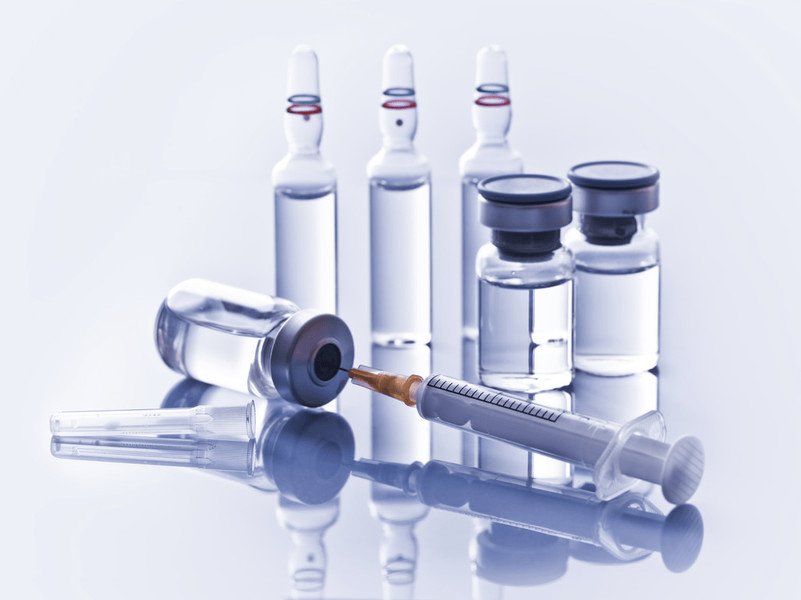Business start reopening after lockdown in Scotland from Monday 5 April
Business start reopening, cautious easing of lockdown
Hairdressers, garden centres, car showrooms and forecourts, homeware stores and non-essential click and collect services will be able to open from Monday 5 April Business start reopening after lockdown, subject to enhanced safety measures including physical distancing, face coverings and pre-booking where appropriate.
More college students will be able to return to on-campus learning and 12-17 year-olds will be able to resume outdoor contact sports from this date.
Restrictions on non-essential travel across local authority boundaries will remain in place.
People must stay within their council area for non-essential shopping and should only travel to another area for essential shopping if there are no practical alternatives.
People should also continue to work from home where they can to prevent unnecessary contact that could risk transmission of the virus.
The latest easing of restrictions comes as data shows continued suppression of Coronavirus (COVID-19), and progress on vaccination. Virtually all over 65 year olds have now received a first dose of the vaccine, and the average daily case rate is now 539 new cases per day, a decline of more than 75% since early January.
First Minister Nicola Sturgeon said:
“We have made progress both in suppressing the virus and in vaccination, and therefore the changes I previously indicated will go ahead on 5 April.
“The stay at home rule is being replaced by a requirement to stay local – while Covid levels remain high in some areas, and while a lot of people remain unvaccinated, we do not want the virus to spread from areas with relatively high prevalence to areas with low rates of infection. That’s why the current travel restrictions, which prevent non-essential travel outside your local authority area, are really important.
“It will be easier to relax more restrictions in the future if case numbers remain under control, so when things open up slightly this weekend please continue to stick to the rules, and follow the advice and the instructions given by store staff to keep you and the other customers safe.
“Stay at home – for now – protect the NHS, and follow the FACTS advice when you are out and about to help save lives.”
Coronavirus (COVID-19) update: First Minister’s statement – 30 March 2021 – gov.scot
Guidance will be updated on Friday and Monday to take account of the changes confirmed today.
During the pre-election period the usual parliamentary protocol applies and draft regulations will be shared with the COVID-19 Committee.
Consultation with sectors still to reopen is ongoing, towards further decisions on easing to be taken ahead of the next review point on 26 April.





